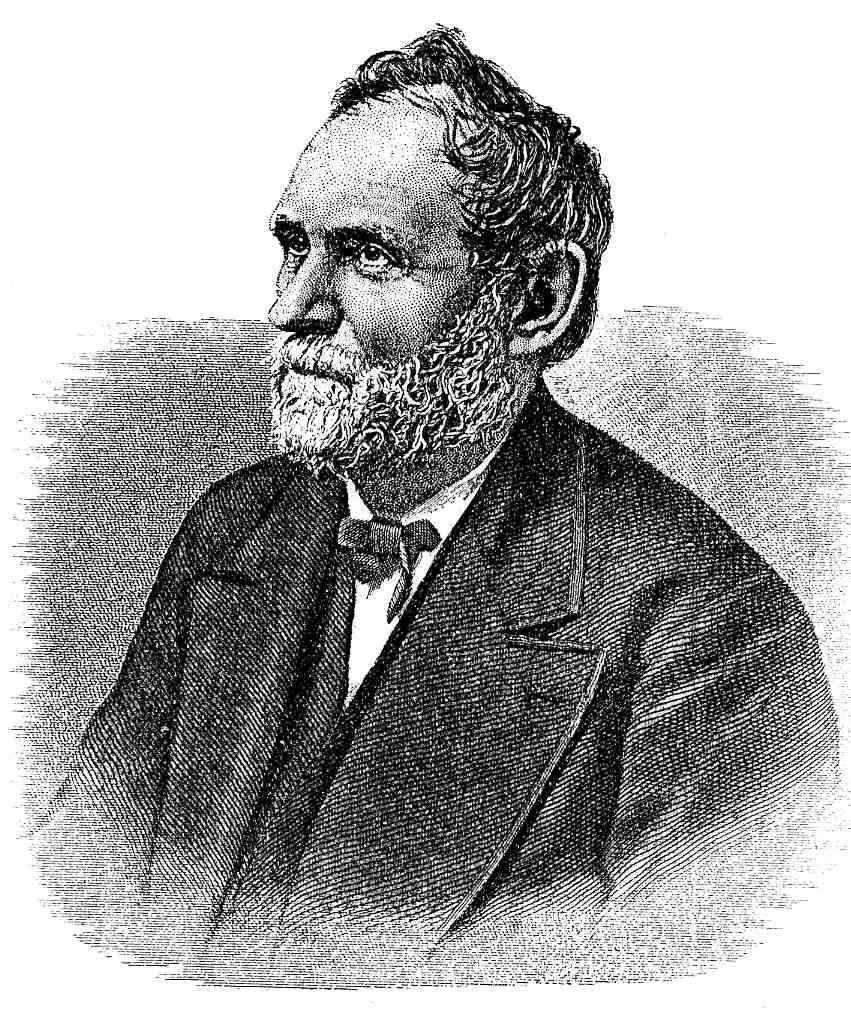
John Swinburne, for whom Albany’s Swinburne Park and New York Harbor’s Swinburne Island are named, led a life of medical accomplishment – a founder of Albany Hospital as well as of his own private dispensary, a professor at Albany Medical College, a noted expert in what would become forensics, chief medical officer of the Port of New York, and savior of countless limbs of American and French soldiers. He was greatly esteemed here in Albany – so greatly that they implored him to run for mayor of their ancient city in 1882. As his usually breathless biographer put it:
“…the people of the city of Albany, groaning under the oppressive taxation and the misrule of a corrupt and heartless ring, saw in the great surgeon the patriotic and fearless citizen, who had in every instance proved his devotion to the masses in his aims for good government in professional and political administration, – the man to lead the hosts against the heartless and intrenched enemy. In 1882 they tendered him, as the only man able to lead them to victory, the nomination for mayor of the city of Albany. He had no taste for politics; but, on the persistent pleading of the people that he would be their leader out of the dark land of political corruption in which they were held, he accepted for their sake, in the interest of good government, and entered into the contest with a zeal that won for him the title of ‘The Fighting Doctor’ . . .”
And it does go on. He ran on the Republican line (there once were Republicans in Albany). The election was hotly contested and apparently there was some (or a lot) of fraud involved. Michael Nolan, the Irishman who had presided over City Hall since 1878 (including, quite literally, its burning), claimed another victory, but few believed it. The New York Times wrote:
“There is a great deal of excitement here over the result, or the pretended result, of the municipal election held yesterday, and the end is not yet. The Albany ring papers this morning proclaimed the re-election of Mayor Nolan by a small majority, thinking, doubtless, that such an announcement of the result of the vote would be acquiesced in, as it has been before, when Nolan was ‘counted in’ instead of being elected. But the people of Albany do not propose to submit to the fraud so quietly this time. The better citizens of both parties have come to the conclusion that it is about time to test the question of whether or not it is possible to have a fair election in Albany.”
Swinburne’s camp charged Nolan with fraudulent and criminal practices, including illegal voting, bribery, ballot-box stuffing, obstructing lawful voters, false canvassing, and falsely certifying results. The legal battle would take 14 months before Dr. Swinburne was declared elected in June 1883. He lost the next election in 1884 to fraud as well, but perhaps the fight had gone out of him, or perhaps he was satisfied with going to Congress, as he did later that year. There, too, he faced an opposition willing to do anything to keep him from office, and he was defeated in 1886, again in a contest widely believed to be fraudulent. By then, Swinburne had had enough of politics, and declined to run again when his opponent died after only six months in office.
Dr. Swinburne returned to Albany and private practice. He died from stomach cancer shortly before he would have turned 69. The New York Times, describing the condition of his body, said, without apparent irony, “The skull was remarkably thick.”
Related articles
- Who put the Swinburne in Swinburne Park? (hoxsie.org)
- Random Recollections of Albany (hoxsie.org)


1 thoughts on “Mayor Swinburne”